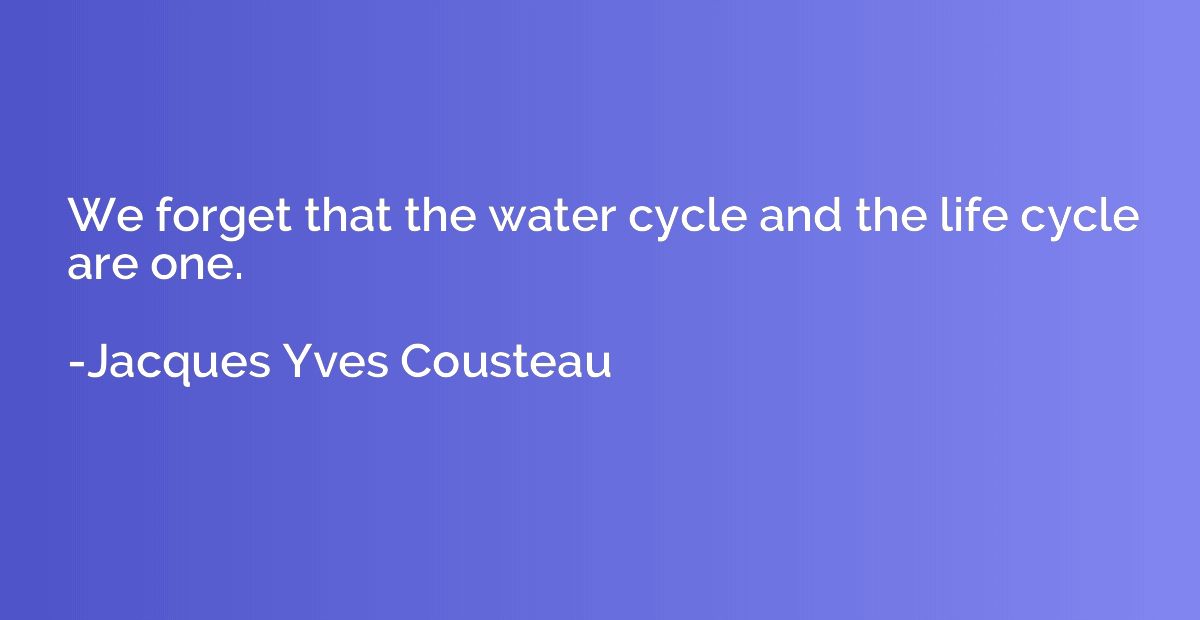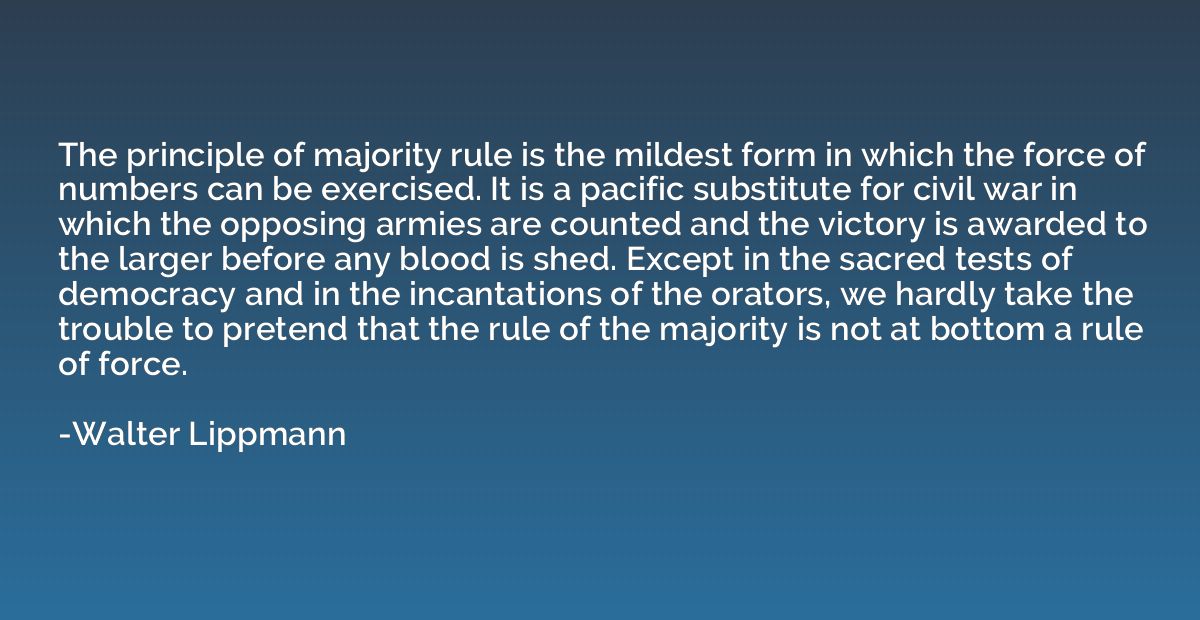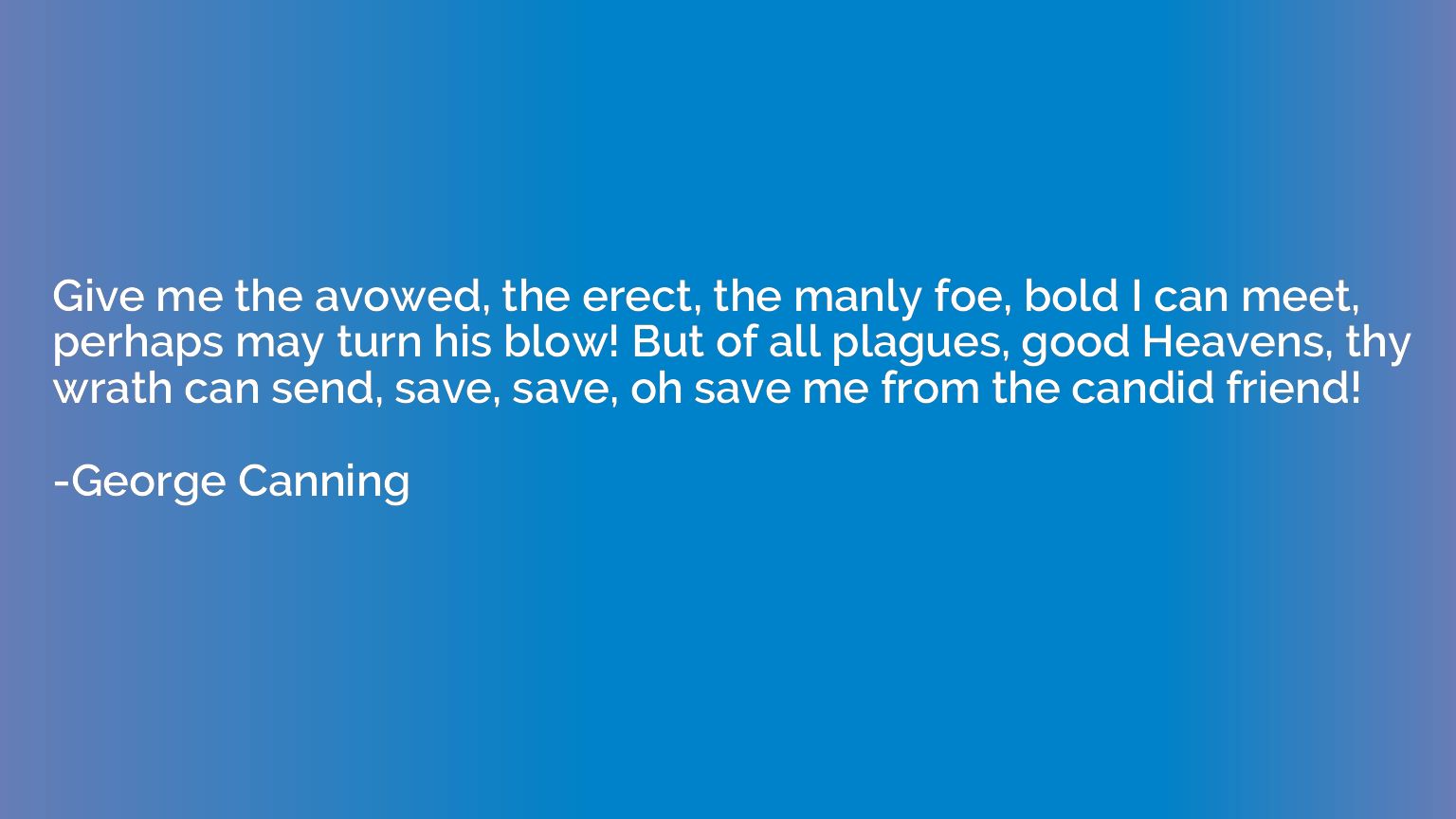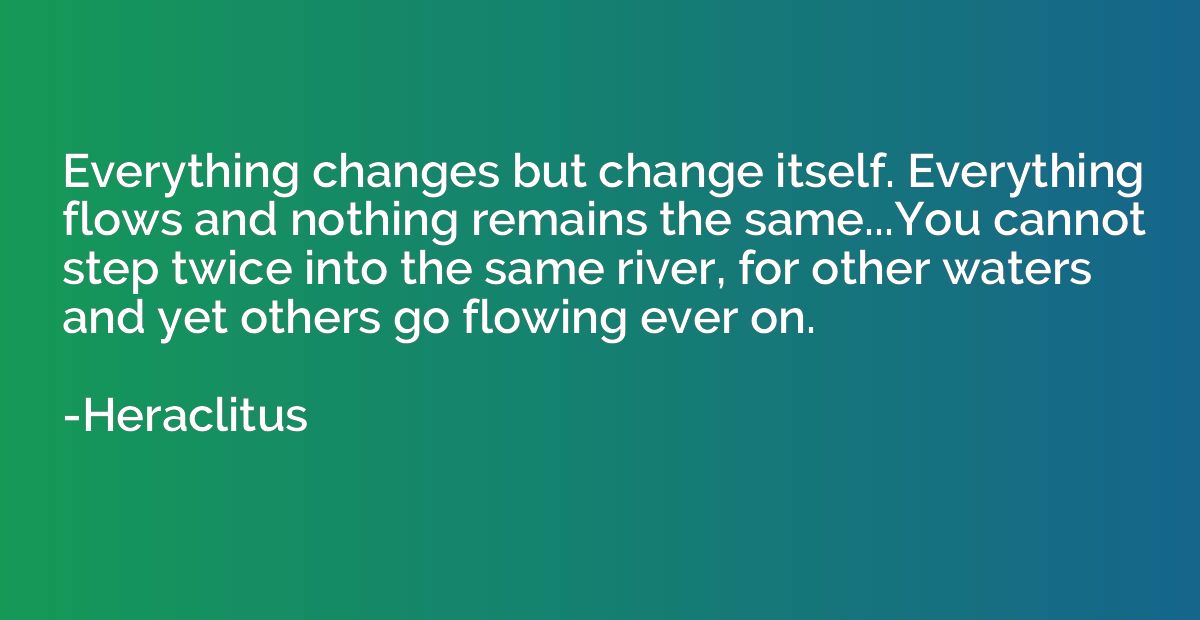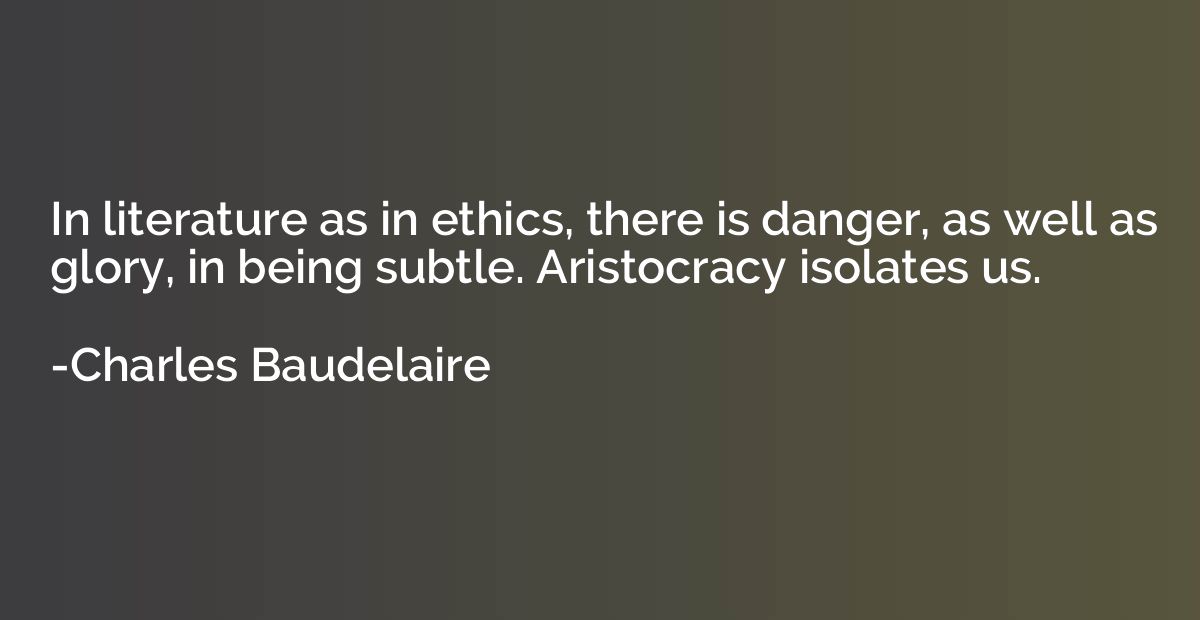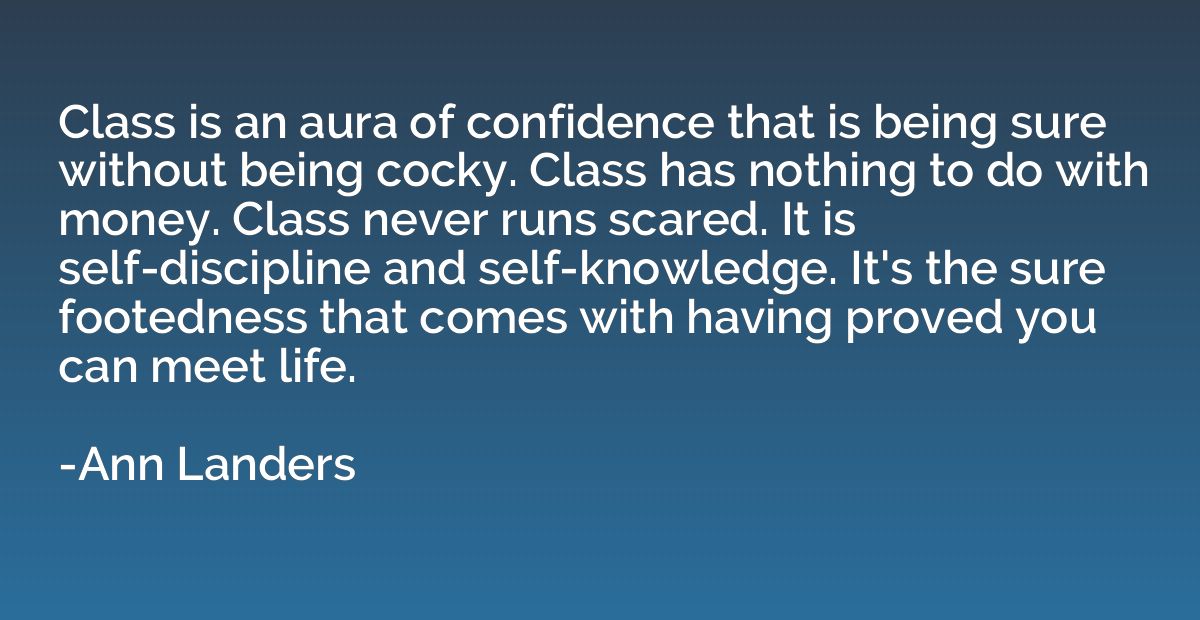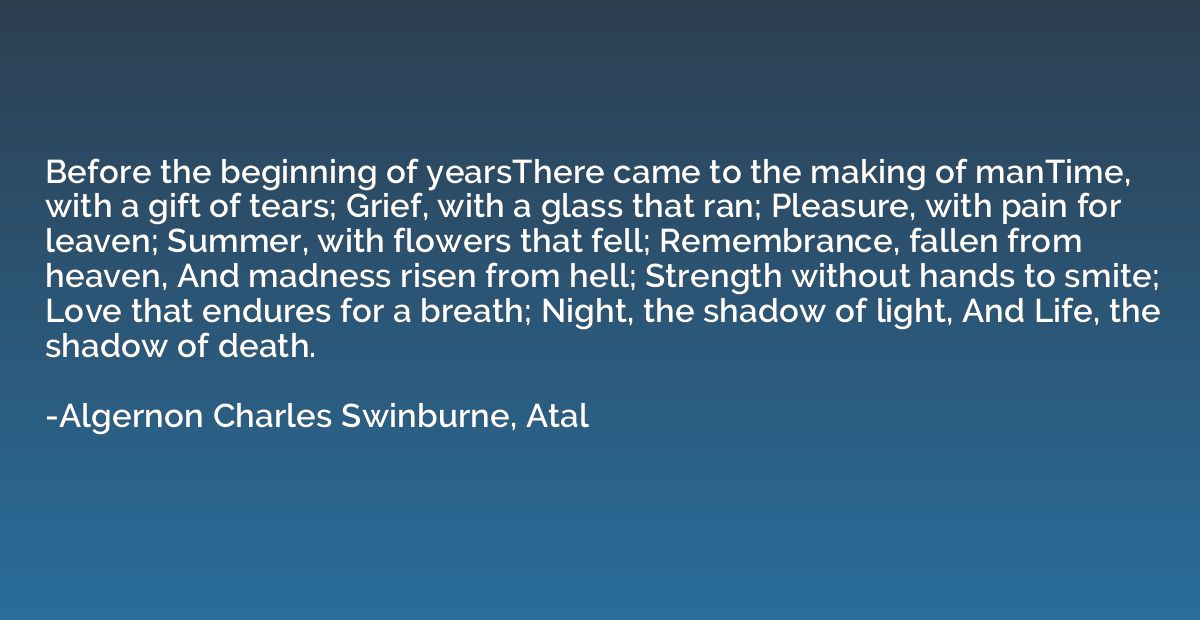Quote by John Adams
The Second Day of July 1776, will be the most memorable Epocha, in the History of America. I am apt to believe that it will be celebrated, by succeeding Generations, as the great anniversary Festival. It ought to be commemorated, as the Day of Deliverance by solemn Acts of Devotion to God Almighty. It ought to be solemnized with Pomp and Parade, with Shews, Games, Sports, Guns, Bells, Bonfires and Illuminations from one End of this Continent to the other from this Time forward forever more.
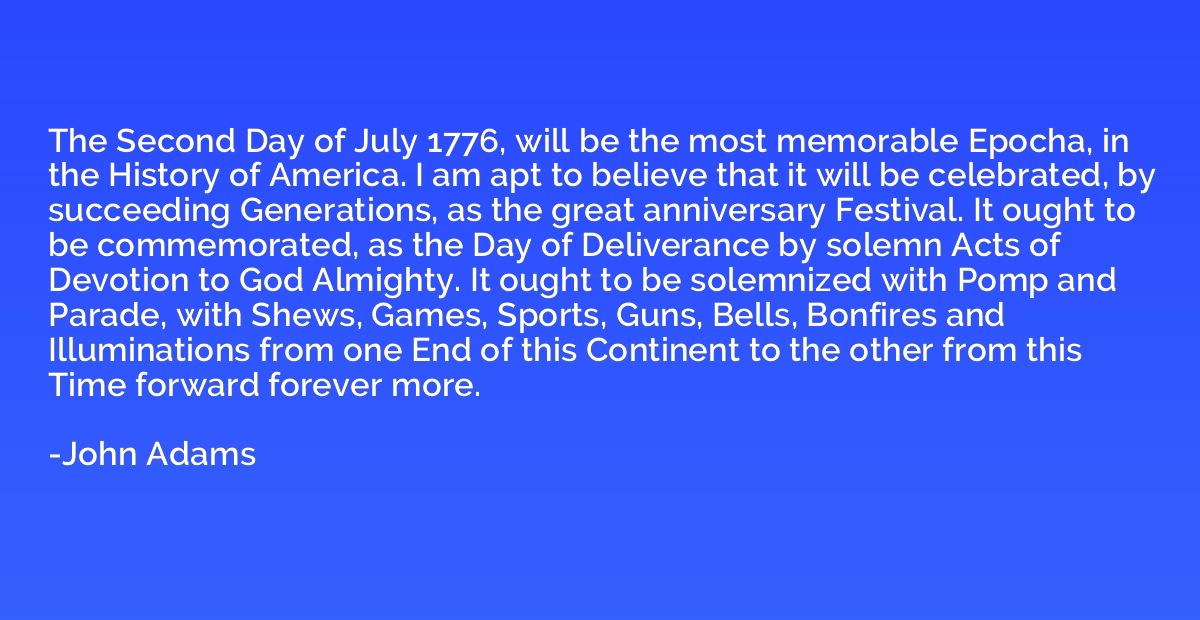
Summary
This quote, commonly attributed to John Adams, highlights the significance of July 2, 1776, as the day when the Continental Congress voted in favor of American independence. Adams suggests that this day will be remembered and celebrated by future generations as a momentous occasion. He emphasizes the importance of commemorating this day with diverse forms of celebration, such as religious acts, public spectacles, fireworks, and demonstrations of patriotism, as a way to honor and appreciate the hard-won freedom that was achieved on that date.
By John Adams



